WTO Members Condemn EU's Steel Safeguard Extension; India, China, Russia Among Critics
Updated: Apr 23, 2024 05:11:58pm
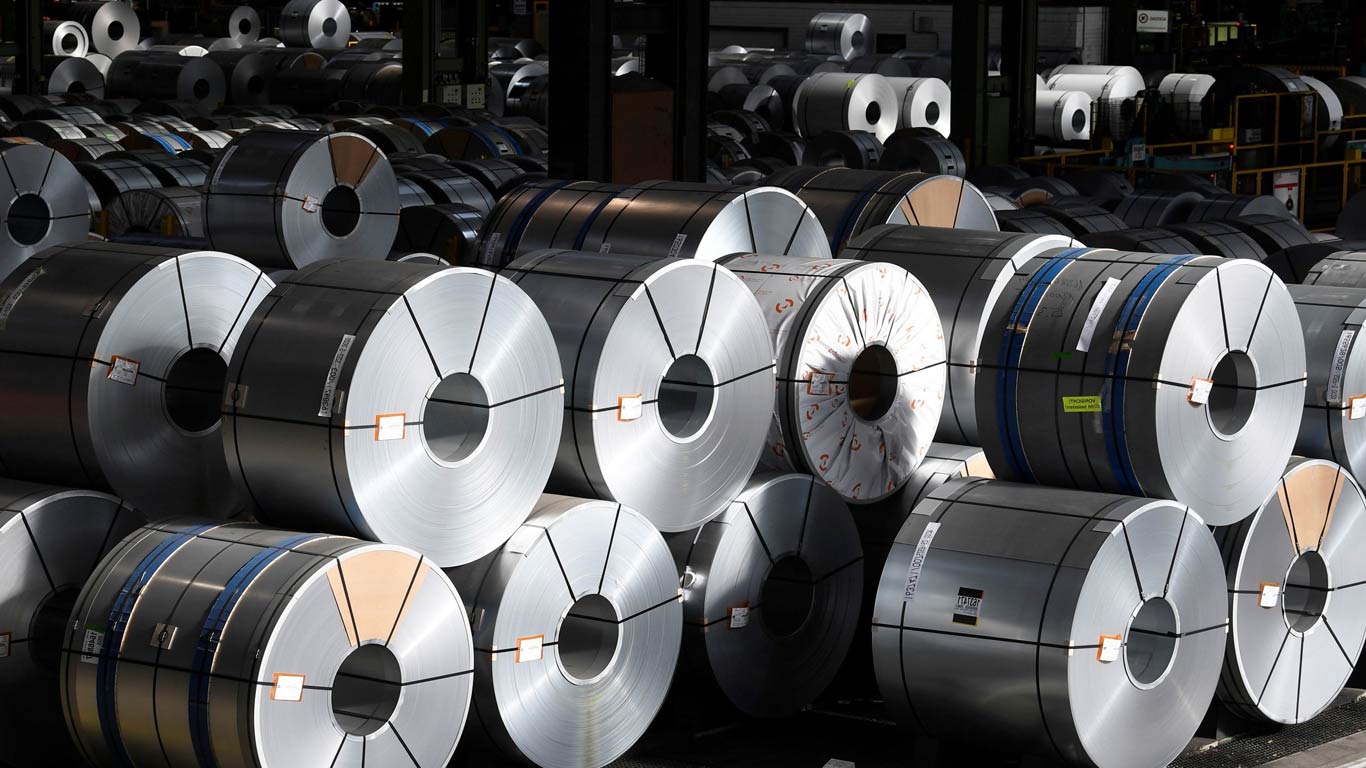
WTO Members Condemn EU's Steel Safeguard Extension; India, China, Russia Among Critics
New Delhi, Apr 23 (KNN) India, China, Russia and five other World Trade Organization (WTO) members voiced strong opposition to the European Union's decision to extend its existing safeguard measure on certain steel products beyond June 30th.
During a WTO meeting on Monday, the criticizing members, which included major economies like China and India, argued that the EU's safeguard duties on steel imports are inconsistent with WTO rules.
These duties were first imposed in 2018 after the United States levied additional tariffs on certain steel product categories imported fr0m the EU.
WTO members also took aim at similar protectionist measures imposed by the United Kingdom on steel imports. An unnamed Geneva-based official stated the EU claims it has evidence the steel safeguard remains necessary, while China, South Korea and Brazil challenged the rationale and advocated for multilateral solutions over unilateral protectionism.
The tensions highlight long-standing issues around global steel overcapacity. In 2021, India proposed retaliatory tariffs worth USD 292 million on select EU products in response to the safeguard duties. It also proposed 15 per cent duties on 22 UK products like whisky and auto parts after Britain continued steel restrictions post-Brexit.
Several members alleged the UK failed to properly justify continuing safeguards after leaving the EU according to WTO rules. WTO safeguards allow temporary import restrictions to protect domestic industries fr0m serious injury, but place limits like 4-year maximums and developing country exemptions.
As the UK's current steel safeguard expires June 30th, pressure mounts for a multilateral resolution aligned with WTO principles and economic fairness for all members. The debate underscores challenges in curbing protectionism while supporting global trade cooperation.
(KNN Bureau)

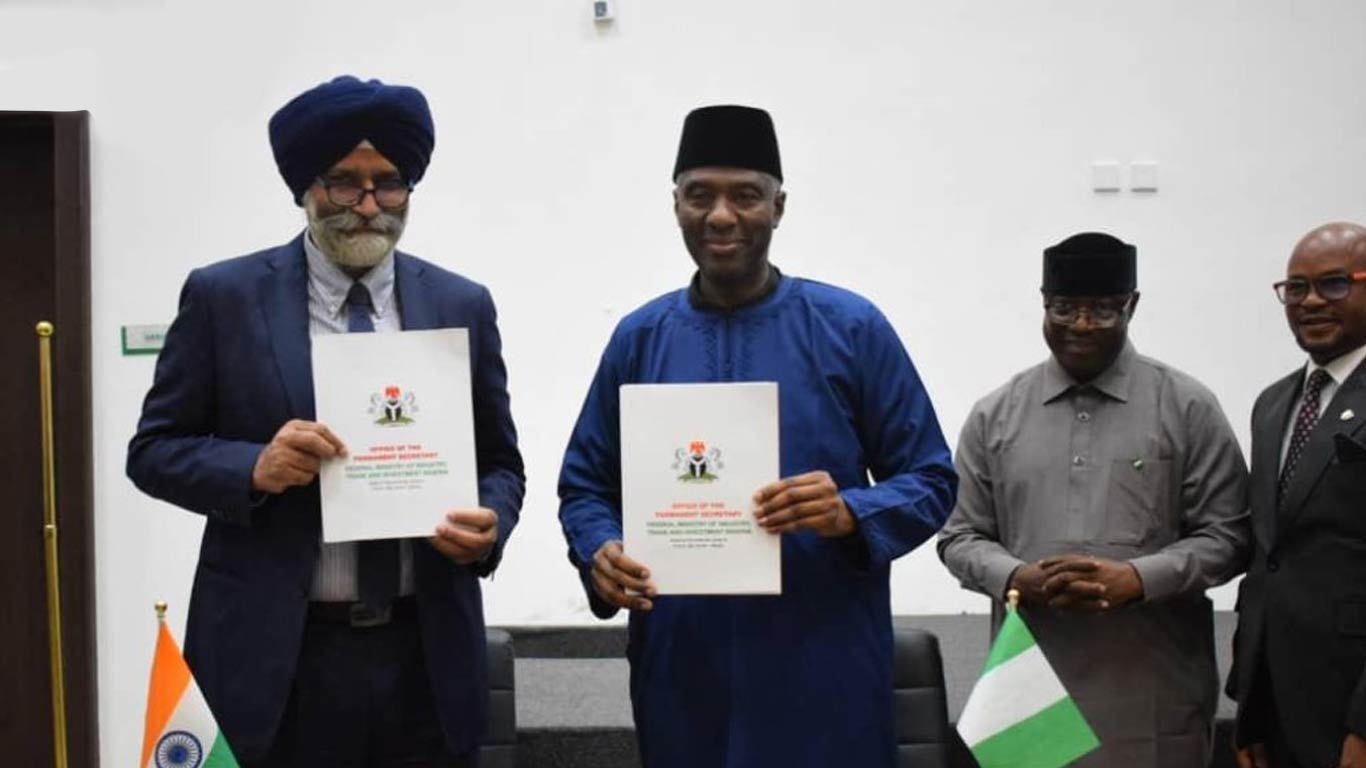
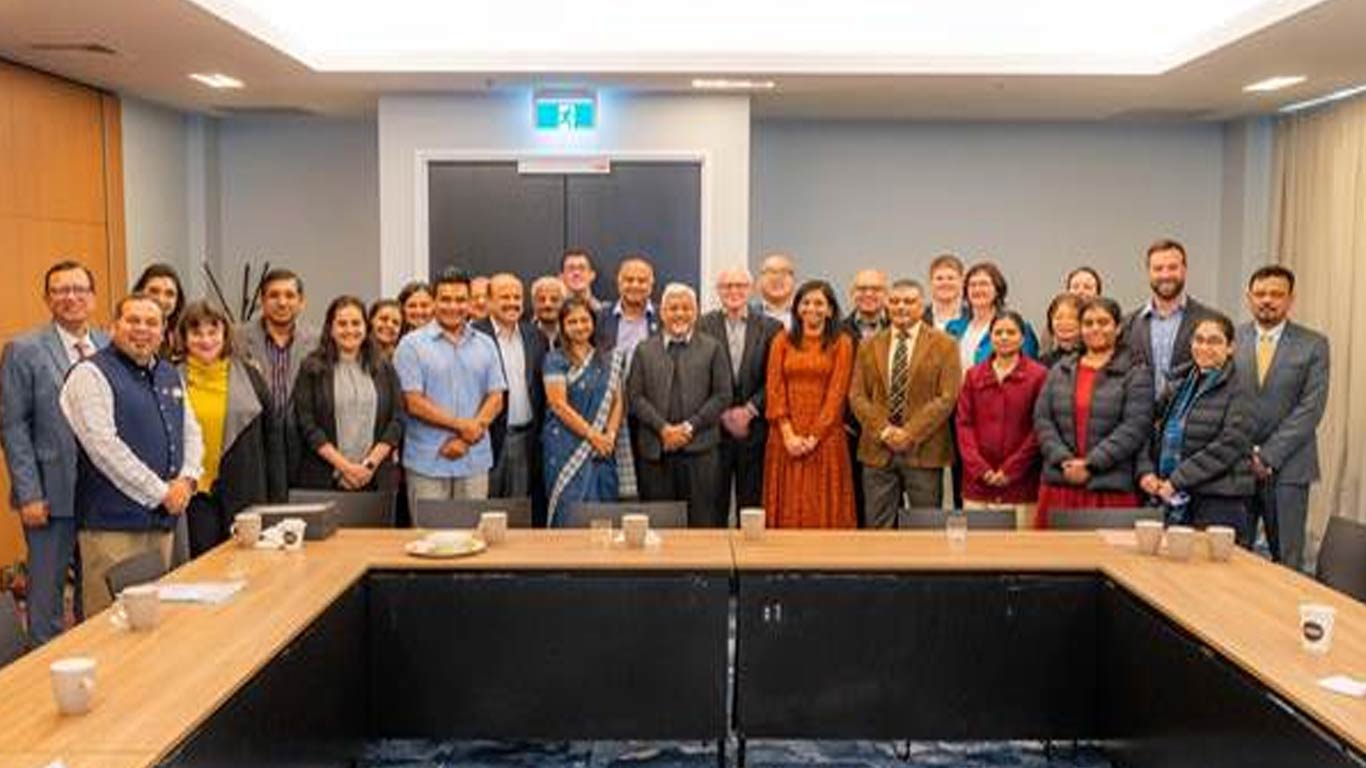
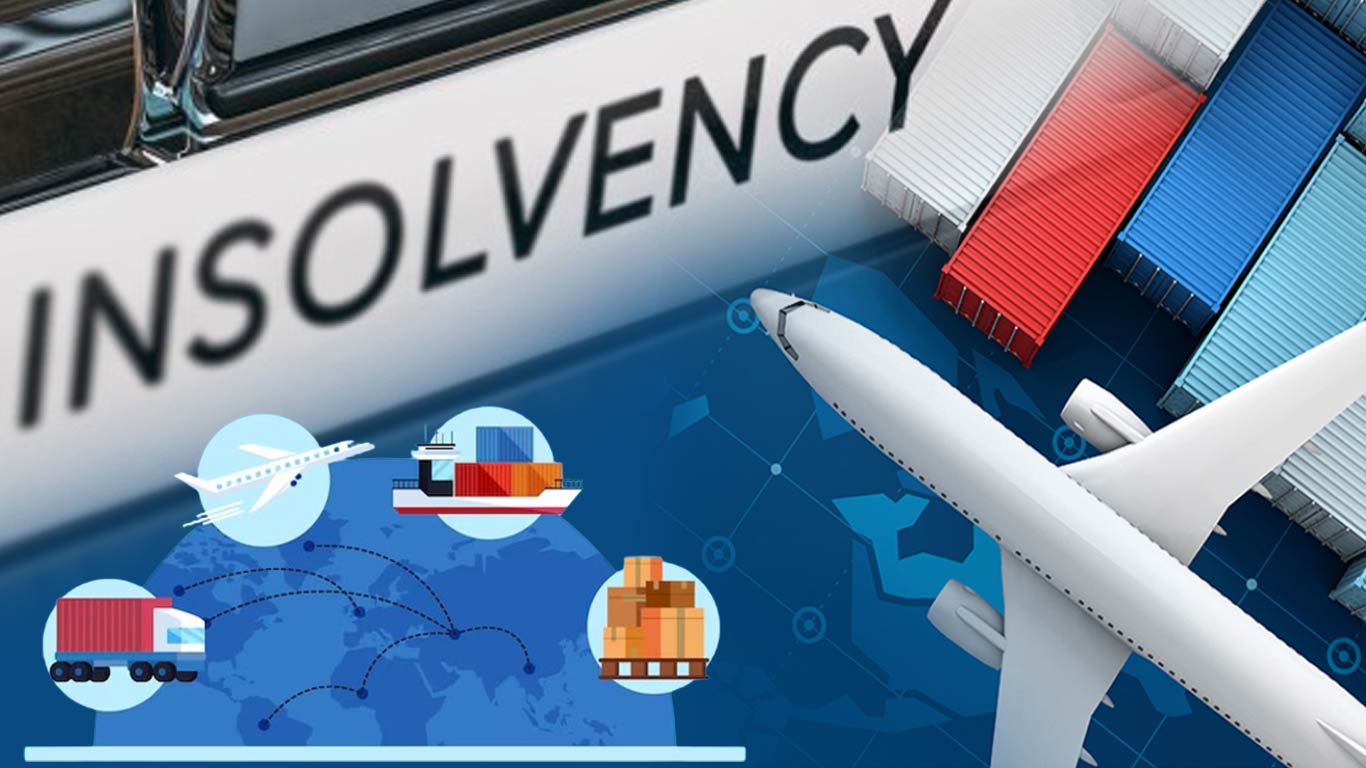
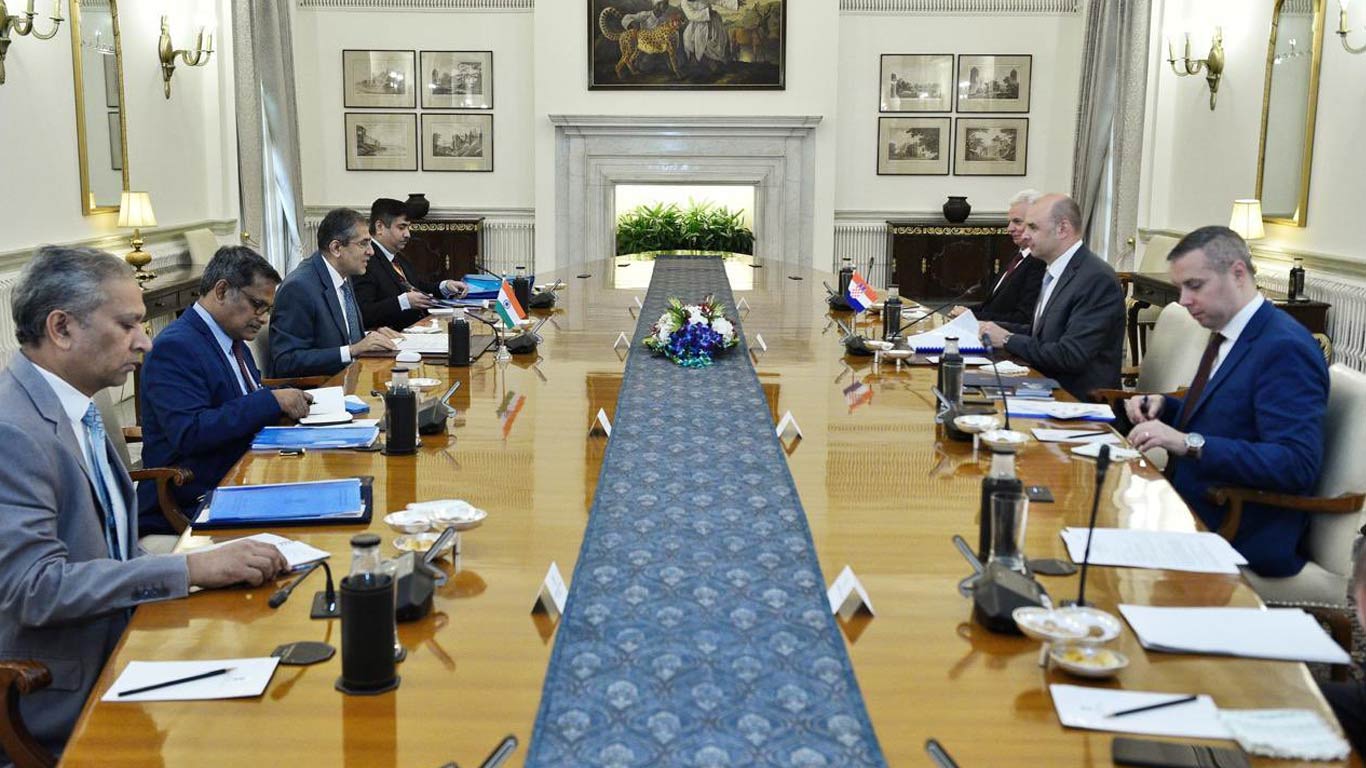






